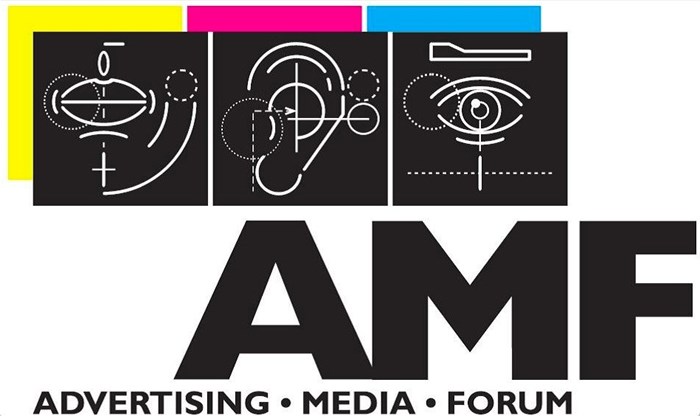
Top stories






LifestyleWhen to stop Googling and call the vet: Expert advice on pet allergies from dotsure.co.za
dotsure.co.za 2 days
More news

















The four shifts will demand adaptability from marketers and media owners alike.
Gen Z’s inclination towards 'situationships' reflects a changing dynamic in relationships and influences media consumption.
A 'situationship' is defined as something which is undefined and non-committal.
In simple terms, it means that you don't 'have a boyfriend or girlfriend or a wife, you're not in a relationship you're in a situationship'.
If you have look at last year's Tinder 'swiper' Report, 49% of respondents have changed their relationship status to 'situationship'.
So, what does that mean for media?
In essence, consumers are less likely to commit to singular channels or subscriptions and prefer to explore many sources of content.
The channel has become a means to an end, rather than the final destination.
In response, media owners are investing in quality storytelling, diversified delivery methods, and a focus on local relevance to capture diverse audience interests and to try and get them to commit.
For example, you can see this in the quality storytelling on SuperSport with the likes of Siya (Rise), Chasing the Sun, Mapimpi & Rassie official films.
There is also a move to diversified delivery with NuMetro and Ster Kinekor starting to screen concerts, special events, and sports.
As Lynne Wylie, CMO at Ster Kinekor says: “We don’t consider streaming as a competitive platform but rather as a parallel medium through which content is consumed. An analogy would be dining at a restaurant versus ordering a takeaway meal.”
This content investment is also shifting to local content. This is happening especially on Mzansi Magic and more recently on Netflix.
A significant percentage of South Africans express a desire for independence and stability through entrepreneurship (owning their own businesses).
Independence and stability ultimately allow for more choice, flexibility, and control.
The media implication is that consumers are looking for content that helps them, educates them, and upskills them.
In the latest IAB Report (Aug 2023) top interest of website audiences include tech & computing, business & finance, news & politics, and careers. These behaviours are proof points to people wanting knowledge.
In a recent report from X (Twitter) it was found that 84% of black middle class South Africans have an X account. A lot of their follows are Mobile Mentors, especially in finance.
The growth of LinkedIn accounts in SA shows that people tap into networks that they wouldn’t be able to get into on the ground, and in essence set up one big virtual interview.
This is another clear sign of the drive to empowerment ensuring they try to get and stay ahead.
The power of on-air voices has also become louder. Talk show hosts are manifestations of aspiration and success. Radio has become a sought-after springboard to celebrity and influence in society. Beyond their social media following, radio personalities are involved in on-the-ground events and cause related initiatives.
Only three of the top podcasts in South Africa are locally produced, but if you have a look at why people are tuning into podcasts, it is for self-empowerment and for knowledge.
The rocketing uptake of TikTok has exposed human desire to express themselves creatively.
This influx of crafted consumer generated content via digital platforms has audiences seeking unedited and authentic demonstration of human expression.
This quest has given rise to more value placed on 'in real life' experiences, sponsorship opportunities and on the ground engagement initiatives.
Post Covid, there has been a surge in interest in live events, be it concerts (Taylor Swift!), sports events (World Cups!) or shows (Trevor Noah!).
This is also reflected in continued growth of live gaming.
Increasing awareness surrounding carbon emissions can have massive effects on any manufacturing process, including media production.
Implementing carbon efficiency in media strategies by optimising for attention should lead to decarbonisation through improved impact.
Media implications include intentional spending, minimal wastage, more impactful connections, and a commitment to relevant, environmentally conscious campaigns.
In 2024, success lies in moving at the speed of culture, understanding the multifaceted interests of consumers, and crafting campaigns that resonate with the dynamic and diverse preferences of today’s audiences.